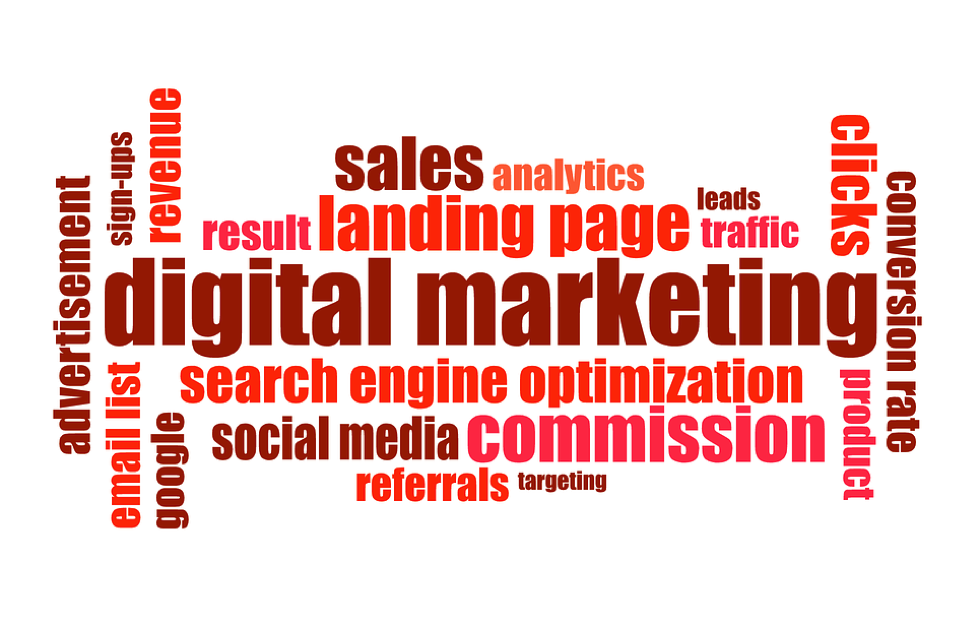BLOG POST

December 31, 1969
How Sales Automation is Different from Marketing Automation
To identify the difference between sales automation and marketing automation, you must first consider the difference between communications in each category. Both of these fields include different purposes, methods, and disciplines, but you need to focus on both at the same time to achieve your ultimate goal, which is to grow your business.
Marketing communication vs. sales communication
As far as marketing is concerned, the purpose is to target a broader audience and offer them information that creates hype for a product or service. Marketing communications ensure the same message is delivered time and again to make it more persuasive.
In this case, you are working with lead nurturing, prospective customers, and a successful inbound marketing strategy. This is done to understand your audience better and to know their behavioral pattern based on decisions and actions.
On the other hand, sales communication is based on personalization. Since the idea is to boost sales, the audience will be targeted based on a single prospect. Sales communications are not about the overall audience but an individual prospective customer and his/her information. The information is collected and used to get those potential customers onboard.
Along with communication, the focus of both sales and marketing teams is also different. While the focus of sales is to work with outbound sales and prospects, the marketing team is all about studying leads and converting them into actual customers.

What's the role of sales automation and marketing automation tools
Automating these essential aspects of business operations depends on certain tools. These tools can be used for automating marketing or sales process, or both. The tools are entirely different from one another which makes it possible for them to fulfill the individual purposes of each field. It is extremely critical to use the right tool for each process to ensure you achieve your goals effectively.
The following are the key features of each marketing and sales automation tools:
Marketing Automation tools:
- Analyze marketing flow
- Form a client base with marketing
- Segment audience according to the behavioral pattern
- Allow CRM system integration
- Automate marketing operation routine
- Track and nurture leads
- Leverage SEO
Sales Automation tools:
- Integrate sales calls
- Scores leads
- Automates outbound email system
- Automate follow-ups
- Integrates CRM
- Schedules demos and appointments
- Closes deals
- Reduces lead generation effort and cost
Which of these two automation systems do you need?
Without a doubt, you need both sales automation and marketing automation systems for the benefit of your business. However, if you really need to know which one to get started with, it is essential to evaluate your marketing goals, current sales, and business priorities.
However, you need to integrate both the systems effectively as they are yin and yang for developing revenue for any business. To yield best results, it is important to automate both the process in conjunction with each other. The only way you can face a lot of trouble is if you try to use one process and get results for both the process.
According to an article published by Hubspot, marketing automation software may not be suitable for each stage of growth funnel.
Choosing the automation processes accordingly
So how do you decide which technology is right for a specific job?
Marketing automation is required when your target audience includes your existing as well as your potential customers. The marketing strategies are based on the customers' expectations on the whole. The customer-specified approach is not utilized, and the information is provided to them based on what your business has to offer.
Whatever your market is, the marketing automated system instantly reaches out to all your existing and potential customers. And if someone signs up for emails or newsletters, the system ensures they are added to the list to sends out emails, reliably and consistently.
Sales automation process factors customer cadence on an individual level. Each buyer has a different persona, and sales automation ensures they are dealt with tactically. The nature of the processes becomes different here because now the process is more about discovering individual prospect and their specific information.
As a result, sales development is taking place at a rapid pace.
Are you selling or marketing?
Automating the marketing process can offer significant productivity benefits for generating revenues. Not all customers individually reach salespersons before making the buying decision. Marketing automation makes it easier to deliver information that helps the department design strategies that work well across the entire audience.
It won't be wrong to say that sales come next after marketing. Once the audience has been targeted with the right marketing strategies, it is then the responsibility of the sales department to ensure they are converted into leads by closing the sale.
Sales automation and the crucial factor
The idea is to adopt and implement technologies that help us automate functions of the sales department, without losing the human element from the process. By following the rules, the sales team can offer more effective results.
You need to simultaneously work on automating both the sales and marketing processes to get maximum benefits. While you may be able to achieve your goals by combining an effective marketing automation system and an average sales process, the results may not be as you would've liked.
Unlike the marketing automation, sales automation software is dependent on the human resource. The risk for error is low because each and every stage is inspected beforehand to ensure the core elements of sales are incorporated into the process.
Conclusion
There's no way a salesperson can do an adequate job with just marketing automation alone. Sales automation is equally crucial for helping the sales team design a successful marketing and sales campaign. It makes the whole campaign more personalized and targeted.
Ultimately, it boils down to your individual approach towards your business goals that dictate which systems you need and why. However, as a rule of thumb, these two tools when used together are the key to creating a dominant source for producing revenue for the business.
Erica Silva

Please login to join the discussion
Comments
No comments yet.
